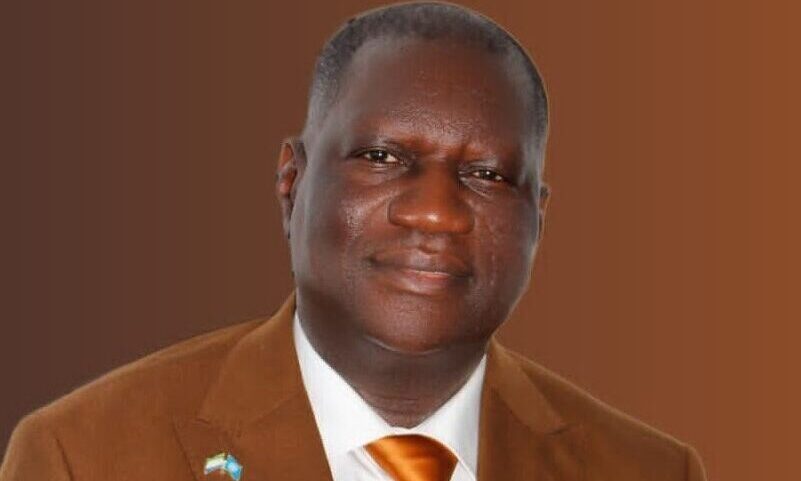By: Sulaiman Aruna Sesay
Since when I was a young boy, this question has been pumping into my mind: who audit the Audit Service Sierra Leone. Is it audited by the Sierra Leone Anti-Corruption Commission? Or, is there a special body that audits the activities or operations of Sierra Leone Audit Service?
In Sierra Leone, the audit of auditors is done by the Audit Service Sierra Leone (ASSL), which is an independent financial oversight institution.  The ASSL is responsible for carrying out external audits of government ministries, departments, and agencies, as well as government-funded organizations, public enterprises, and statutory bodies.
The ASSL is responsible for carrying out external audits of government ministries, departments, and agencies, as well as government-funded organizations, public enterprises, and statutory bodies.
The ASSL is funded primarily from the Consolidated Revenue Fund, which is the main government account for revenues and expenditures. The ASSL is also allowed to retain a portion of the fees that it charges for its audit services. Additionally, the ASSL receives grants from international donors such as the World Bank and the United Nations Development Programme (UNDP).
The ASSL is regulated and overseen by the Audit Service Board, which is a statutory body established under the Audit Service Act of 2014. The board is responsible for appointing the Auditor General and ensuring that the ASSL operates efficiently and effectively.
However, despite the existence of the ASSL and its regulatory body, there are concerns about the effectiveness of audits in Sierra Leone. The ASSL has been criticized for being under-resourced and lacking independence. There are also concerns about political interference in its work.
Furthermore, the Audit Service Board has been accused of being compromised by political interests. For example, in 2019, the Board recommended the removal of the Auditor General, Lara Taylor-Pearce, who had uncovered several instances of financial mismanagement and corruption. This decision was seen as an attempt to silence her and protect those who were implicated in her audit reports.
In conclusion, while the ASSL is responsible for auditing the auditors in Sierra Leone, there are concerns about its effectiveness and independence. The funding sources of the ASSL are mainly from the government, which could raise questions about the impartiality of its audits.
Additionally, there are concerns about political interference in the work of the ASSL, which could undermine its ability to hold those in power accountable. Overall, there should be greater efforts to strengthen the independence and effectiveness of the ASSL to ensure that it can fulfill its crucial role in promoting transparency and accountability in Sierra Leone.












